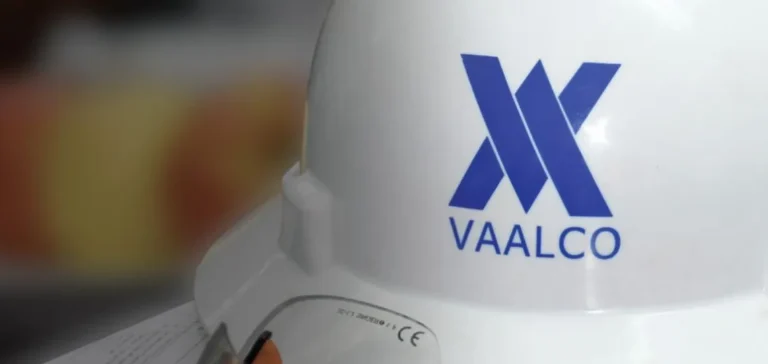VAALCO Energy, an American company primarily active in Africa, maintains its commitment to the Baobab oil field located in block CI-40 off the Ivorian coast. After temporarily suspending production in February 2025 due to renovation work on the floating production storage and offloading (FPSO) unit, operations are expected to resume in the coming months. Although the site’s production remains marginal, VAALCO continues to invest in modernizing the existing infrastructure.
The Baobab field’s reserves have already recovered about 74% of their recoverable volume, according to Global Data. In the first quarter of 2025, production averaged 2,891 barrels of oil equivalent per day (boe/d), a performance well below that of the Baleine field operated by ENI, which aims to produce 150,000 boe/d by 2027. Despite this modest output, VAALCO has secured exploitation rights until 2038. This decision is supported by an economic strategy focused on optimizing costs rather than increasing production volumes.
Renovating an FPSO to control costs
VAALCO’s strategy relies on renovating the existing FPSO, a choice that allows the company to control its costs. According to the cost estimation tool PlantFCE, a complete renovation of a floating platform costs between $200 million and $600 million, a fraction of the $2 billion required for a new installation, as estimated by Rystad Energy. By modernizing an already amortized asset, VAALCO is able to limit its expenses while ensuring the profitability of the Baobab field, with production not aimed at significant growth. This strategy relies on extending existing infrastructure, whose fixed costs have already been absorbed.
A trend extending in the African offshore sector
VAALCO is not the only company adopting this approach. In Ivory Coast, CNR International continues to operate its Espoir FPSO, in service since 2002, with regular upgrades to extend its lifespan. In Angola, TotalEnergies follows a similar strategy on its Dalia and CLOV field platforms. These operations are designed to avoid the high costs of new construction while extending the life of existing installations, through so-called “brownfield” programs, which include modernization work and additional drilling.
Risks associated with the age of FPSOs
However, this approach is not without challenges. The average age of floating platforms now exceeds 27 years, compared to 22 years in 2010, according to Rystad Energy. As FPSOs age, maintenance costs increase and the risk of failure grows. These challenges require operators to conduct more technical inspections and repairs to ensure continuous production. While these interventions are less expensive than constructing new installations, they can still lead to significant additional costs in the event of failure.






















